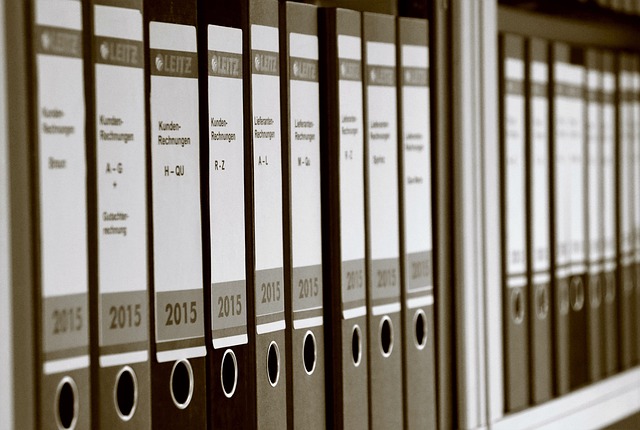Commuting is a way of life for most Bay Area residents. Many people are accustomed to an hour commute each way without traffic. Some people even commute to Southern California several times a month, spending several hours each way either in the car or fighting through airports. What if there was an alternative to flights and car rides? If it was up to Tesla CEO Elon Musk and a Colorado company, an answer could come sooner than we think.
Hyperloop System
Musk, the man behind both Tesla Motors and SpaceX, has spoken about a high-speed transportation system known as the Hyperloop, a tube transport system that would allow passengers to travel at high speeds. The proposed system could reduce trips between San Francisco and Los Angeles to minutes, and reaching the East Coast from California could take under an hour. Crazy as it seems, the company ET3, based out of Longmont, Colorado, has already been hard at work making this a reality, calling their project the Evacuated Tube Transport.
How Does It Work?
The Hyperloop has been vaguely described by Musk as a “cross between a Concorde, a rail gun, and an air hockey table.” A better description might be an elevated tube system with a magnetic levitation system similar to high-speed bullet trains. The kicker would be the enclosed tube, which would provide a nearly friction-less surface for individual capsules to travel in.
ET3’s Hyperloop-like project already has a number of schematics and plans already in place. They claim an automobile-sized, six-passenger capsule constructed for “outer space” travel conditions could easily reach speeds of 4,000 miles per hour on longer journeys across the country or across continents. In theory, this elevated tube system could be built for a tenth of the cost of high-speed rail and a quarter the cost of a freeway. The projected cost for a passenger to travel from Los Angeles to New York is $100.
The tubes could be connected to form a new superhighway across the United States. They could go underwater and connect to Alaska, Hawaii, and the rest of the world. ET3 has already built mock-ups and prototypes and is planning a 3-mile test run by the end of 2013.
Expanding on Older Ideas
Despite the ingenuity of the idea, it isn’t actually that new. In 1972, a paper written by physicist R.M Salter described a tube system known as the Very High Speed Transit System (VHST) that could send people across the United States in under an hour. The system was composed of a series of underground tubes arranged in a network across the country. While several technical problems existed with the idea at the time, Salter also concluded, “The general principles are fairly straightforward: electromagnetically levitated and propelled cars in an evacuated tunnel.” The one primary difference between Salter’s plan and ET3’s is that the VHST would need to be underground, with massive amounts of excavation required.
If the Hyperloop or Evacuated Tube Transport was built and succeeded, it could make California’s current high-speed rail project obsolete. With a budgeted cost of $70 billion, the high-speed system currently under development would take passengers from San Francisco to L.A. in three hours, potentially six times slower than the Hyperloop. [via]




